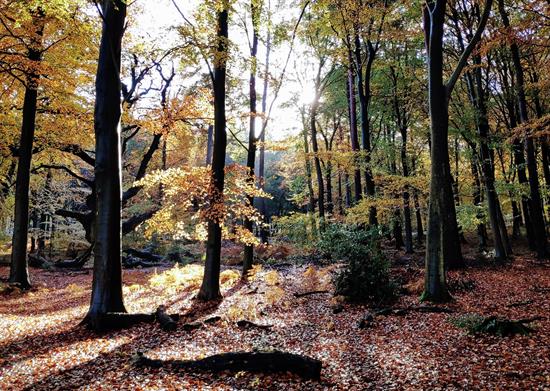McGovern Votes Yes on Conservation Bill Protecting 1.3 Million Acres of New Wilderness
Washington,
February 12, 2020
Tags:
Energy and Environment
"We are prioritizing conserving and protecting our delicate ecosystems like never before. I proudly voted yes on this important bill to protect our wilderness – and our planet – for generations to come."
WASHINGTON — U.S. Congressman James P. McGovern (D-MA) Chairman of the House Rules Committee, hailed tonight’s House passage of the Protecting America’s Wilderness Act (H.R. 2546), which combines six previously separate bills that together recognize more than 1.3 million acres of wilderness across the West and protect more than 1,000 river miles under the National Wild and Scenic Rivers System. The package, which passed by a 231-183 vote, will help prevent climate change by improving land management and by limiting resource extraction on especially sensitive public lands. Much more information about each element of the Protecting America’s Wilderness Act, including a variety of maps and answers to frequently asked questions, is available here. “Today, House Democrats took strong action to preserve and protect the pristine and beautiful ecosystems that our country has to offer,” said Congressman McGovern. “While the President and his allies do everything in their power to undermine our environmental protections as a favor to big oil lobbyists and corporate polluters, we are prioritizing conserving and protecting our delicate ecosystems like never before. I proudly voted yes on this important bill to protect our wilderness – and our planet – for generations to come.” In addition to climate change prevention measures, the bill includes important climate mitigation efforts like those in the Northwest California Wilderness, Recreation, and Working Forests Act, originally introduced by Rep. Huffman, which increases wildfire resiliency in Northwest California through the restoration of degraded and climate-impacted forest ecosystems. Among other steps, it requires federal land management agencies to work with local residents and develop a new coordinated fire management plan that prioritizes reducing fuel near existing roads, infrastructure, and other developed areas. The Protecting America’s Wilderness Act is the biggest public lands conservation measure to receive a House vote since the John D. Dingell Jr. Conservation, Management, and Recreation Act became law in March 2019, shortly after Democrats took the House majority in the 2018 election. That law permanently authorizes the Land and Water Conservation Fund; recognizes wilderness areas, protects public lands and rivers around the country from degradation, and enhances their climate resiliency; protects climate-sensitive fish habitats in the Pacific Northwest; and protects other fish, wildlife and bird habitats nationwide. This bill enjoys broad support from environmental groups and stakeholders: “Colorado Mountain Club is pleased to see the passage of the Protecting America’s Wilderness Act which protects a variety of landscapes in Colorado, from west-slope deserts to San Juan peaks, for natural resources and primitive recreation. The bill codifies some long-standing Wilderness Study areas in remote Northwest Colorado, as well as iconic mountain vistas in the Southwest part of the state.” – Julie Mach, Conservation Director, Colorado Mountain Club "Wild Connections board and members are thrilled to see the House pass the Protecting America’s Wilderness Act – which protects more than 600,000 acres of wilderness throughout Colorado. These are primarily rugged and scenic lower-to-mid-elevation areas and ecosystems that are currently underrepresented in Colorado’s wildernesses. All of the areas in the bill are most deserving of wilderness designation. We are especially pleased that it would offer protection to the remarkable wild values found in six of the bill's proposed wildernesses in central Colorado--Beaver Creek, Grape Creek, McIntyre Hills, Table Mountain, Badger Creek, and the Browns Canyon National Monument. With ever increasing development pressure on Colorado's wild lands, the protections afforded by the CWA become more valuable." – John Sztukowski, Conservation Director, Wild Connections “This legislation is a monumental move to protect our environment and fight the climate crisis. Preserving our public lands and waters-- keeping fossil fuels in the ground and permanently protecting these places-- will help halt and reverse climate pollution. The Protecting America’s Wilderness Act represents real action. These protections will provide immeasurable benefits to our communities, climate stability and for generations to come." – Athan Manuel, Director of Land Policy, Sierra Club An Ongoing Campaign for Climate Action The wilderness bill is the latest in a string of climate-friendly packages advanced by the House from the Natural Resources Committee.
|
Press Releases
Constituent Services
Read More
How can I help?
From getting answers from government agencies to cutting through red tape to get you results, my office is here to help.
